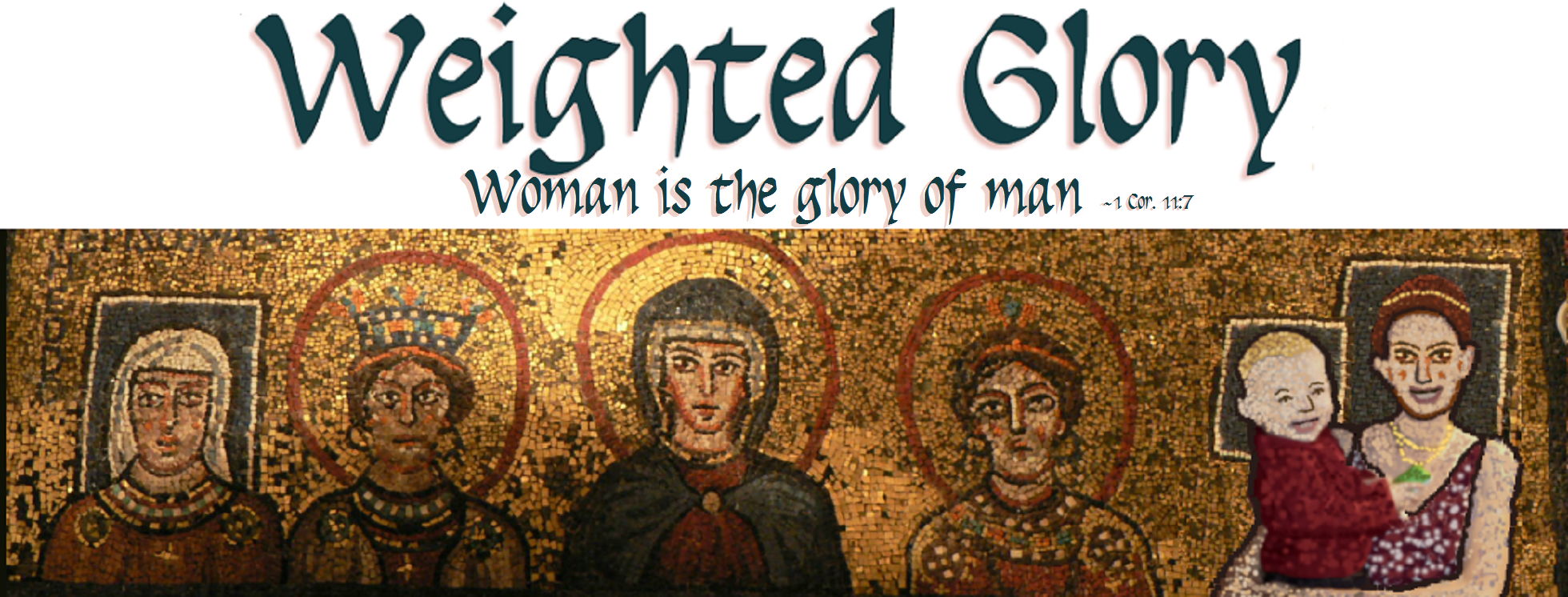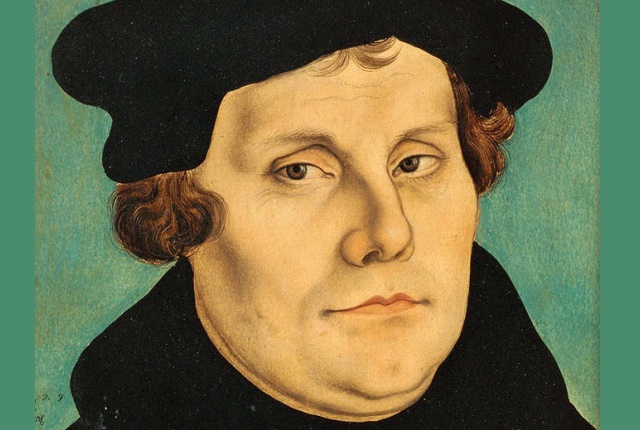Evangelical Feminism: A History by Pamela D. H. Cochran [January 2005]

The history this book attempts to cover is a fascinating one in terms of the internal struggle within the Protestant world concerning the equality of women in the church and home. It describes the rise of the Evangelical Women’s Caucus (now the Evangelical & Ecumenical Women’s Caucus), the split within the movement over what the Bible teaches on gay relationships, and the formation of the more conservative Christians For Biblical Equality. It focuses in on several key figures within these organizations and explores their personal stories as well as the hermeneutics they utilized to arrive at the conclusion that Christianity and feminism were not antithetical to one another.
While the book is generally engaging and well written, I give it four stars out of five because I think it could have been better. For starters, the title is a bit misleading. I expected this to be a history of the more conservative CBE movement. While that is covered, the author spends more of her time on the progressive figures who formed and ultimately stayed with the EWC/EEWC, admitting at the end of the book that these women are not really “evangelicals” as of the book’s writing. Since it devotes so much time to women who eventually parted ways with evangelicalism, *Protestant Feminism* or *Christian Feminism* probably would have been a more accurate title.
I would have liked to have seen more coverage of the rise of the Council on Biblical Manhood and Womanhood as a counter-movement and the reactions of male headship advocates to egalitarian arguments. More interaction with contemporary secular feminist thought would have been good as well, and the book’s concluding chapter about how individualism is eroding evangelical Christianity comes off as a rather disjointed, last-minute potshot.
Nevertheless, it remains a solid read and a valuable contribution to the field for anyone who wants to learn about this movement within Christianity.




“…the split within the movement over tolerance of homosexuality…”
Where do you stand on the issue of tolerance of homosexuality?